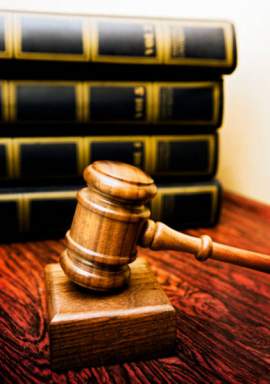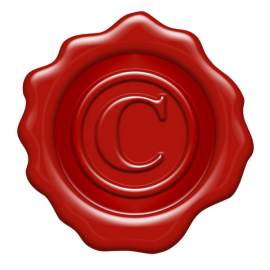
Intellectual Property Facts

Must Read
Popular In Copyright
Copyright Law Copyright Infringements What Is Copyright Legal Consequences Of Plagiarism Copyright Free Image Florida Prepaid Postsecondary Education Expense Board V College Savings Bank Famous Cases Of Copyright Law Copyright A Book Library Of Congress Copyright Copyright Laws For Motion Pictures Copyright Infringement Punishment Copyright Symbol
Intellectual property is a concept which grants to the originator of some kind of creation, or to some other legal entity designated by the originator, rights to exclusively use and dispose of this creation and all of its manifestations.
Intellectual properties can come in a variety of forms, not simply in terms of how they are made and of what, but also in regard to how they are specifically recognized and protected under intellectual property law.
A work which represents the product of musical, literary, or artistic creation, among possible categories, can be recognized as a form of intellectual property, as with an original discovery or invention. Likewise, symbols, words, and phrases recognized as unique, either in of themselves or in regard to a specific context, can also be registered and protected as intellectual properties.
As an emphasis of law, intellectual property is commonly seen as being uniquely identified with the legal culture of the late 20th Century United States, while as a concept at all intellectual properties were first proposed as such in the 19th Century.
In general, some of the basic means through which intellectual property law can provide protection to creators include copyrights, as pertain to artistic fields of creation, patents, as refer to discoveries and inventions, and trademarks, which refer to items created not for themselves but for identification of some good, service, or provider thereof. Intellectual property may be conceived of principally in negative terms, not so much giving creators rights of use as blocking powers



















